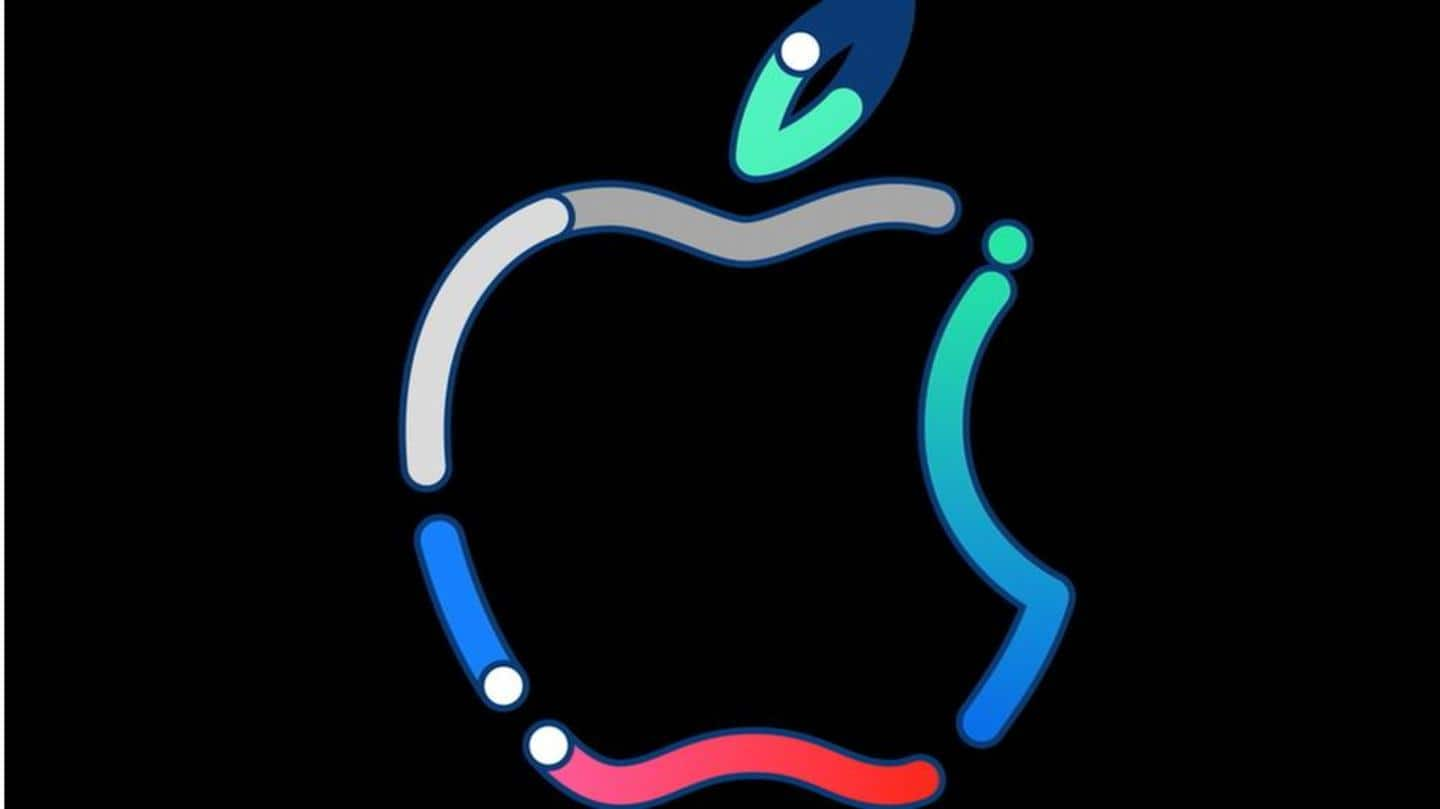
Apple researching how iPhones could help detect cognitive decline, depression
What's the story
Tech giant Apple is reportedly developing methods to detect depression, anxiety, and cognitive decline using digital clues gathered from your Apple devices, including iPhones and Apple Watches.
To uphold its commitment to privacy, Apple hopes to process diagnostic data on your devices locally.
The company hasn't yet officially announced any progress in this direction but Apple executives are reportedly "excited" by the possibilities.
Origins
Earlier this year, Apple announced partnership with Biogen
According to documents seen by the Wall Street Journal and anonymous sources, the move would help Apple expand its burgeoning health portfolio.
This isn't the first time Apple has shown interest in researching and developing solutions that could detect cognitive decline and depression in its early stages.
Similar research efforts were announced earlier this year in collaboration with Biogen, an American biotechnology company.
Data collection
Apple's algorithms would analyze several personal data points
The WSJ report noted that the data used may include a person's facial expressions, how they speak, the pace and frequency of their walks, sleep patterns, and heart and respiration rate.
The speed of typing, frequency of errors, content being typed, and other related data points may be analyzed, according to those familiar with the research.
Partnership
Apple has joined hands with UCLA, Biogen for research endeavors
Apple isn't conducting the research independently. It has reportedly collaborated with the University of California, Los Angeles, which studies stress, anxiety, and depression. This project has reportedly been codenamed "Seabreeze."
The partnership with Biogen reportedly revolves around studying mild cognitive impairment. This project bears the codename "Pi".
Apple and the University of California announced their partnership in August last year.
High hopes
Apple COO Jeff Williams spoke enthusiastically of the research
The Seabreeze project will track the data of 3,000 volunteers starting this year while the Pi project would recruit around 20,000 participants over the next two years.
The efforts are reportedly in the early stages but COO Jeff Williams, who oversees Apple's health unit, spoke enthusiastically to employees about the company's potential to address depression rates, anxiety, and other brain disorders.
Can of worms
Apple would process data on the devices locally
Apple's data collection practices required for these projects verge on predatory and would certainly raise questions regarding the legality and privacy concerns associated.
To mitigate these, Apple is said to be working on processing all collected data on the participant's devices locally, so no data would be shared with Apple or third parties by transmission.